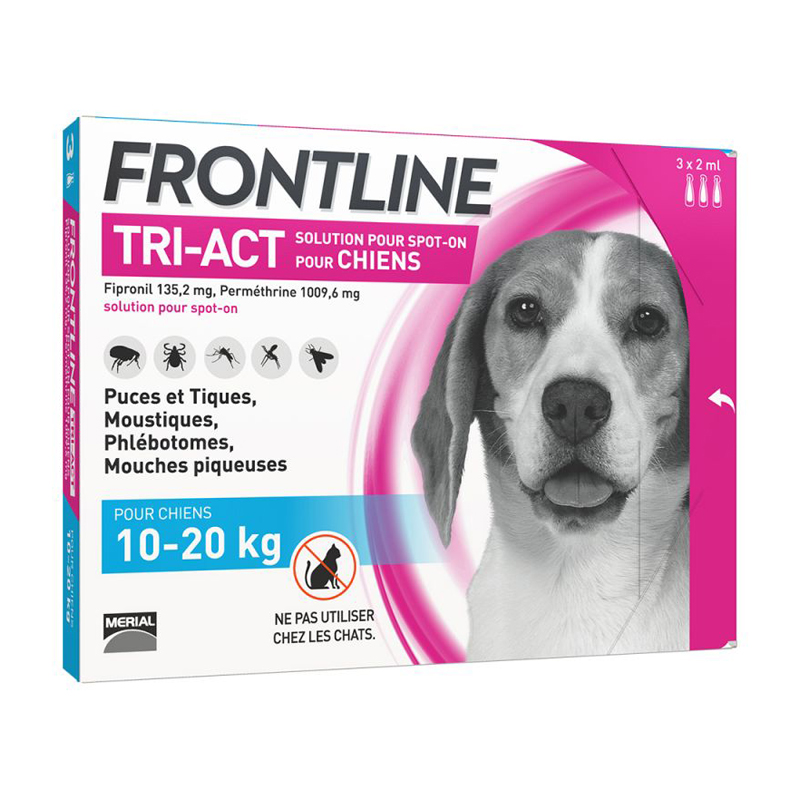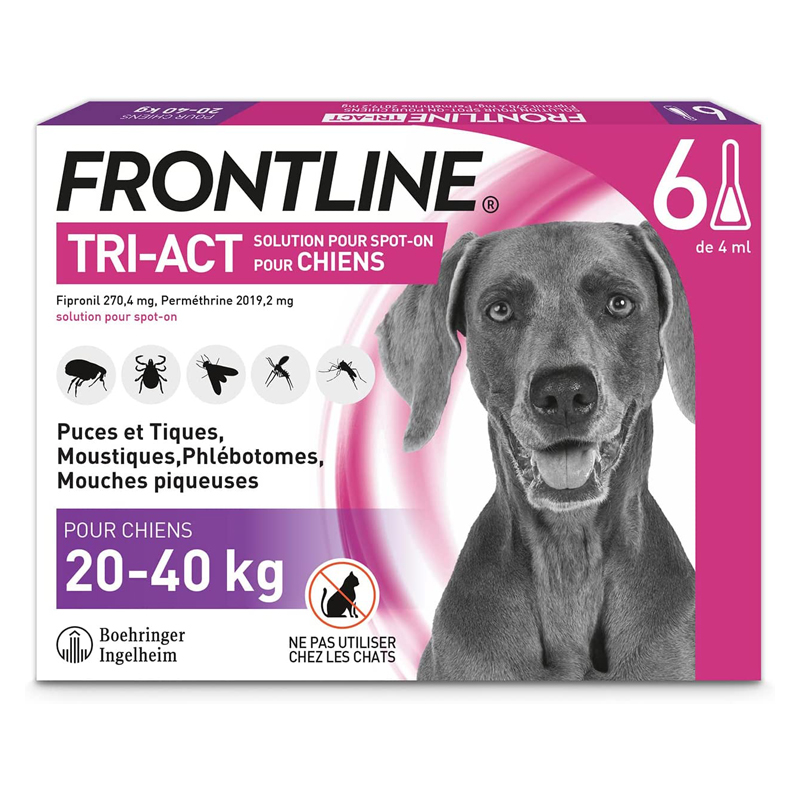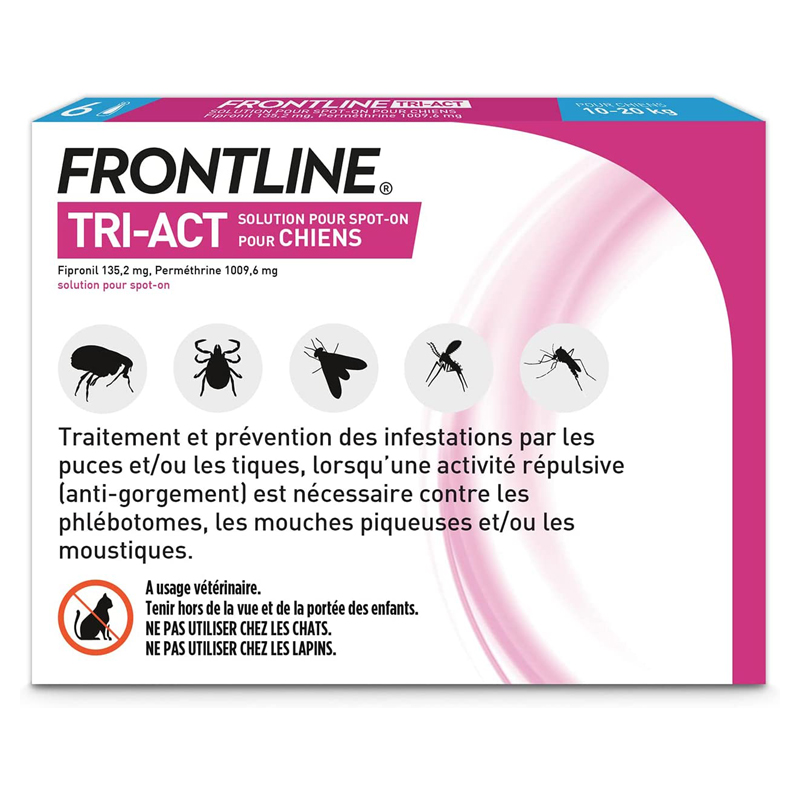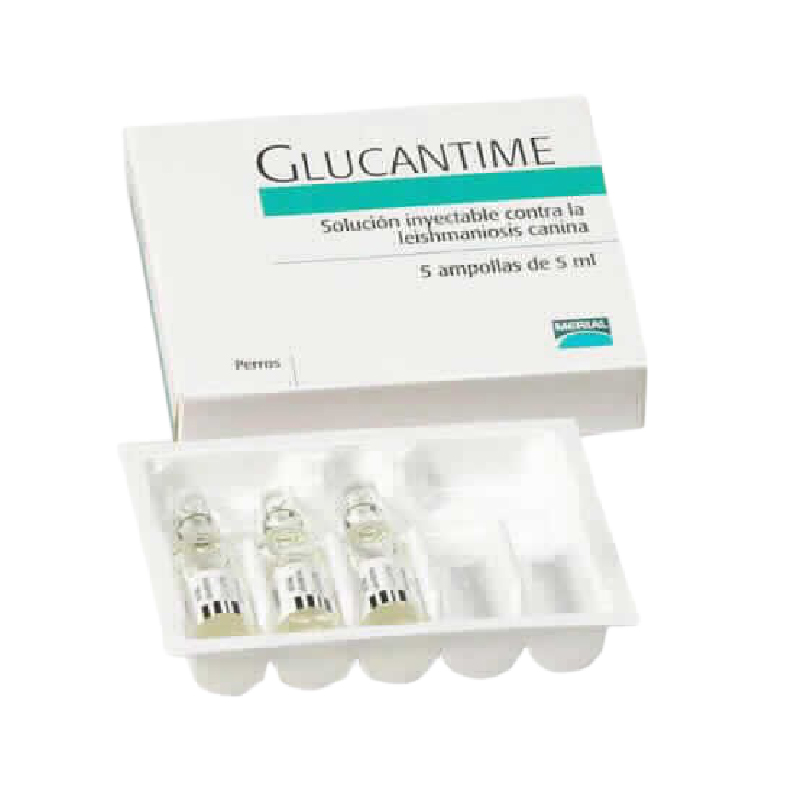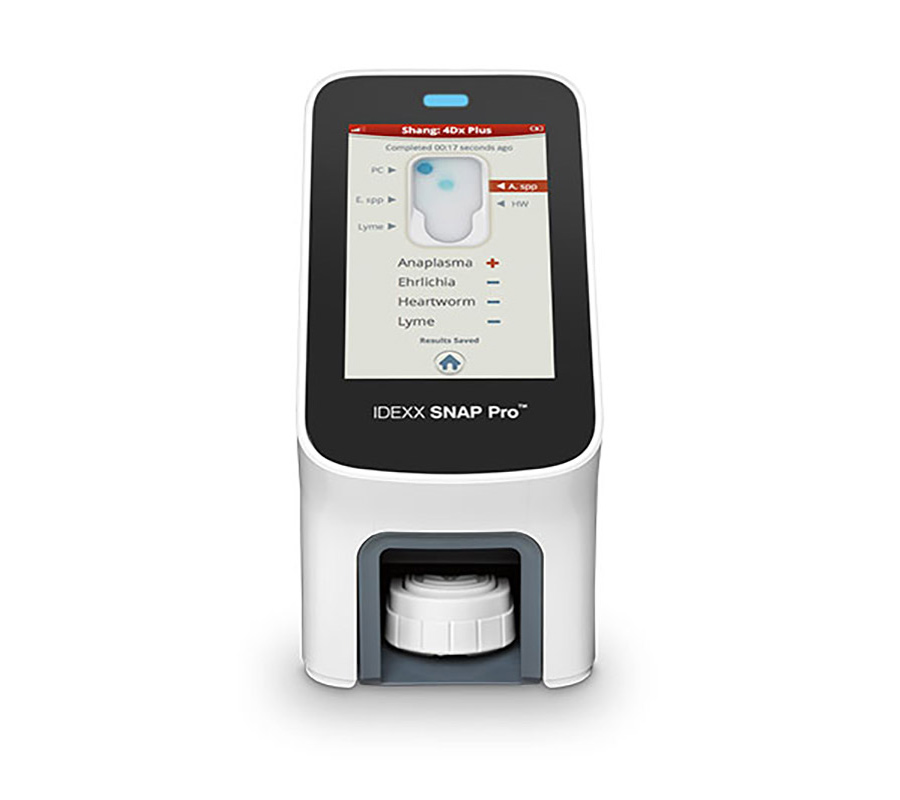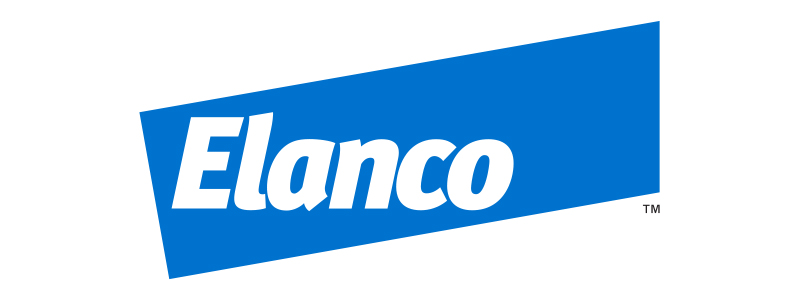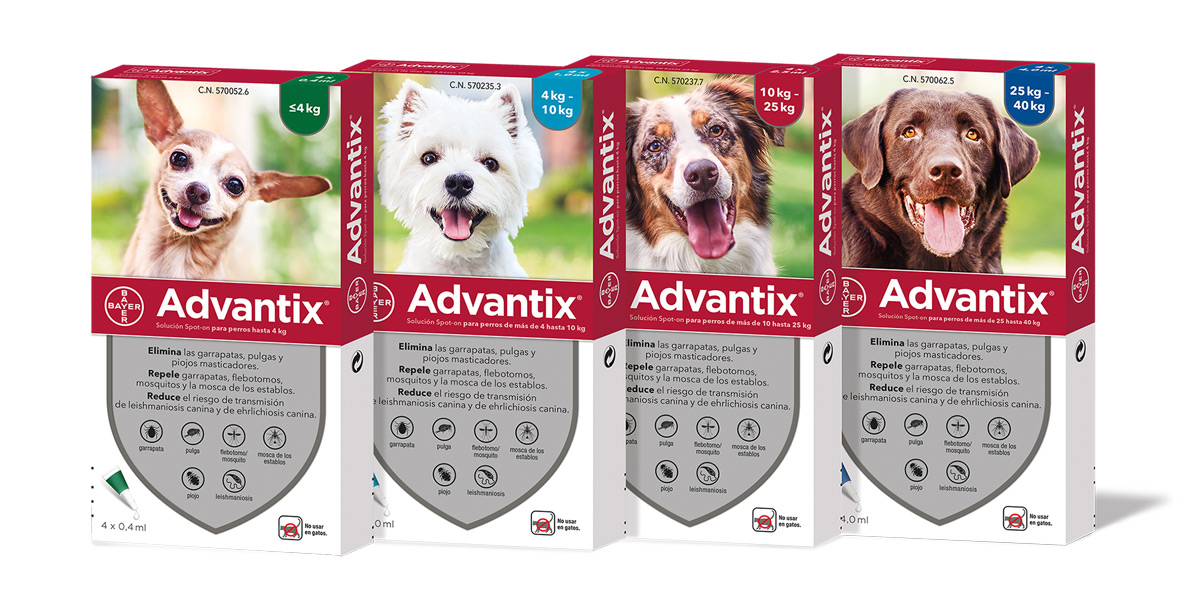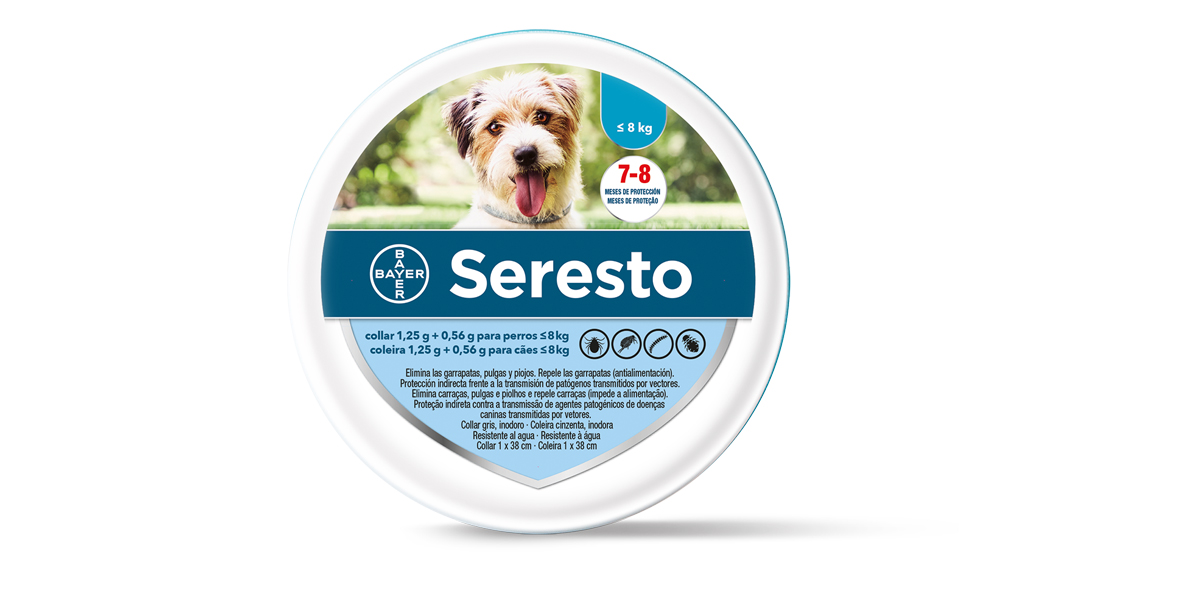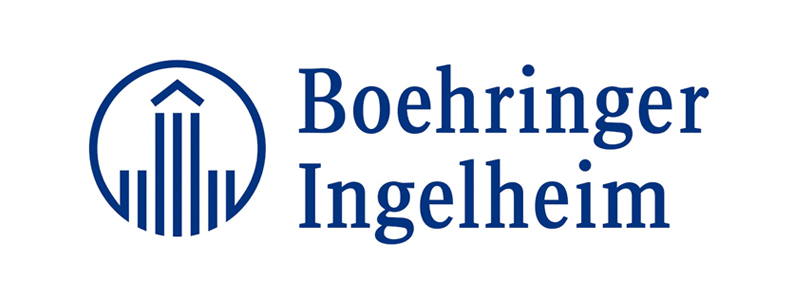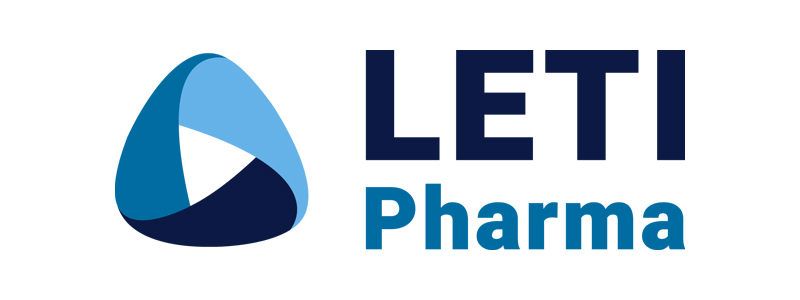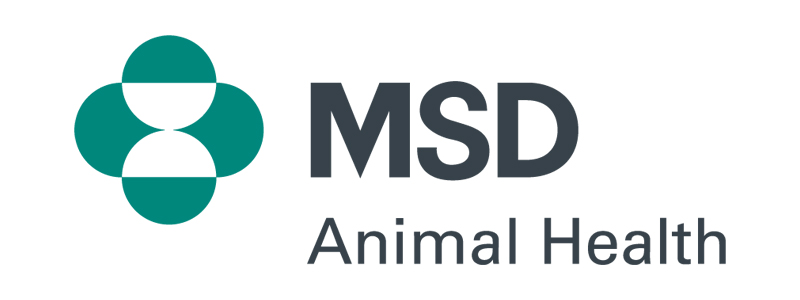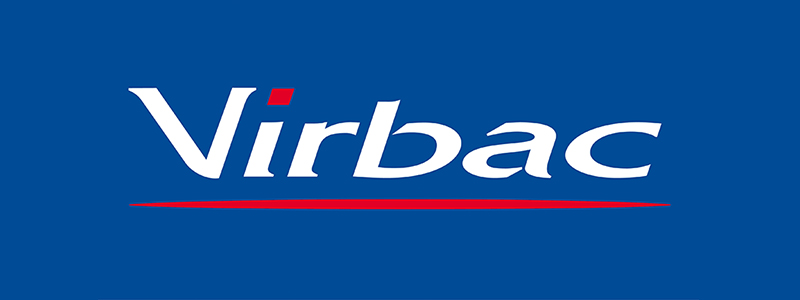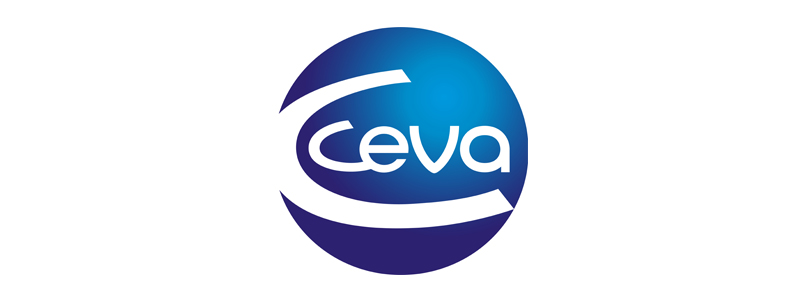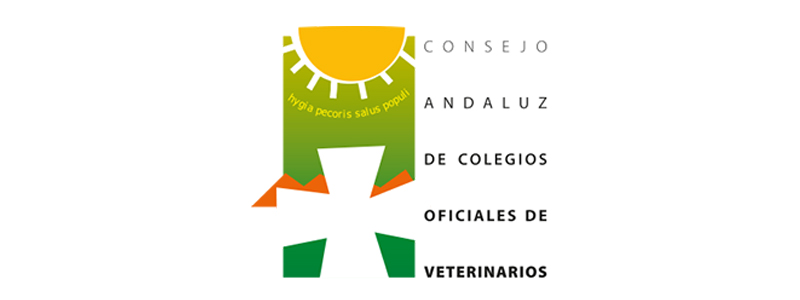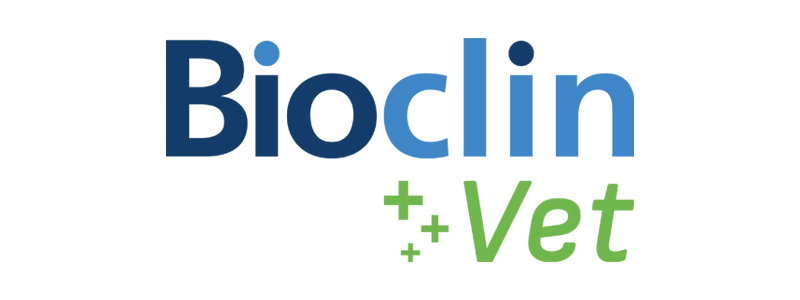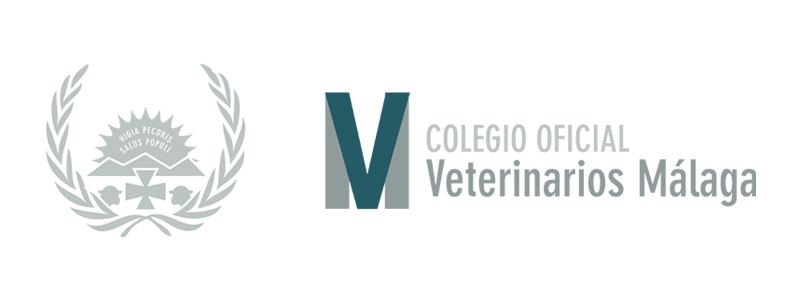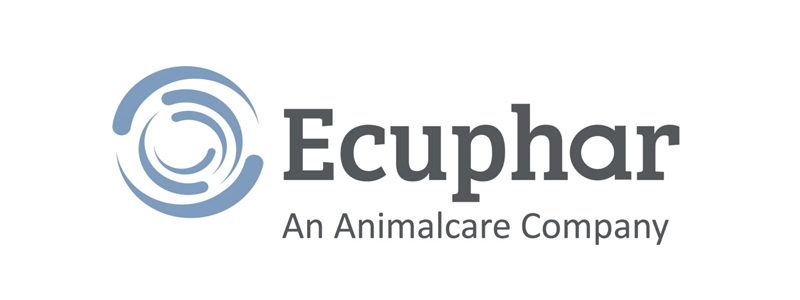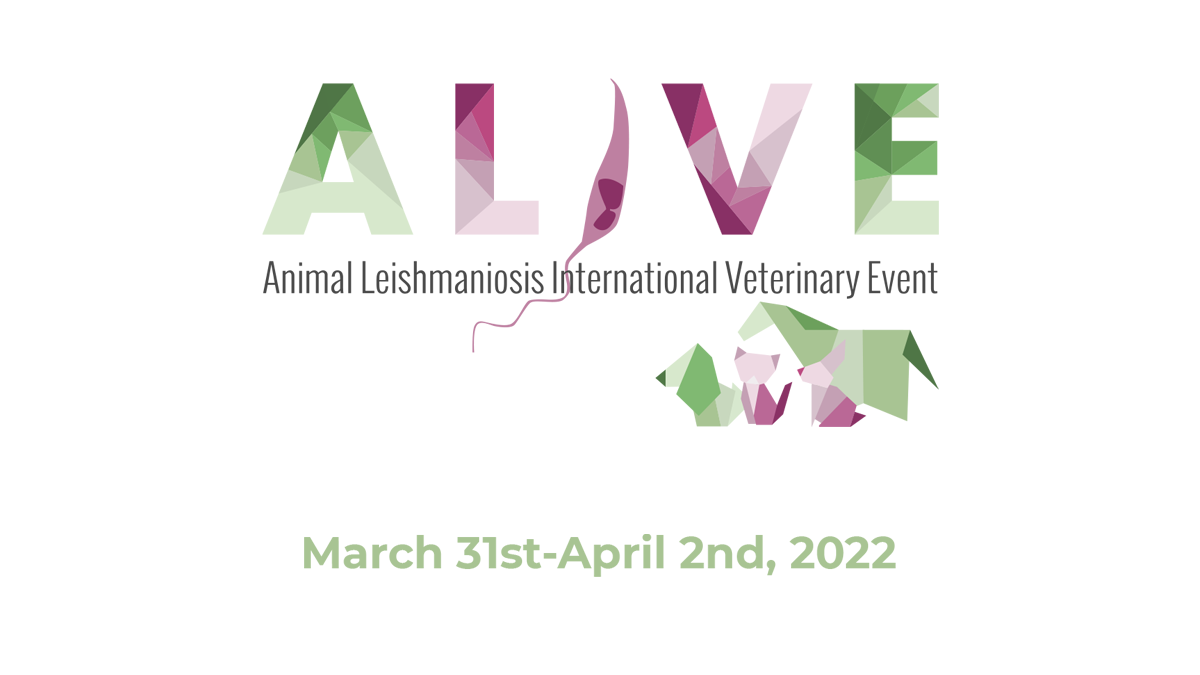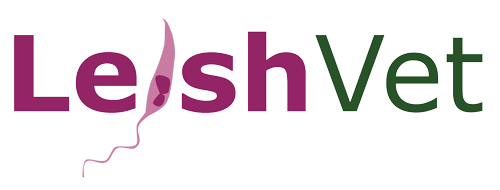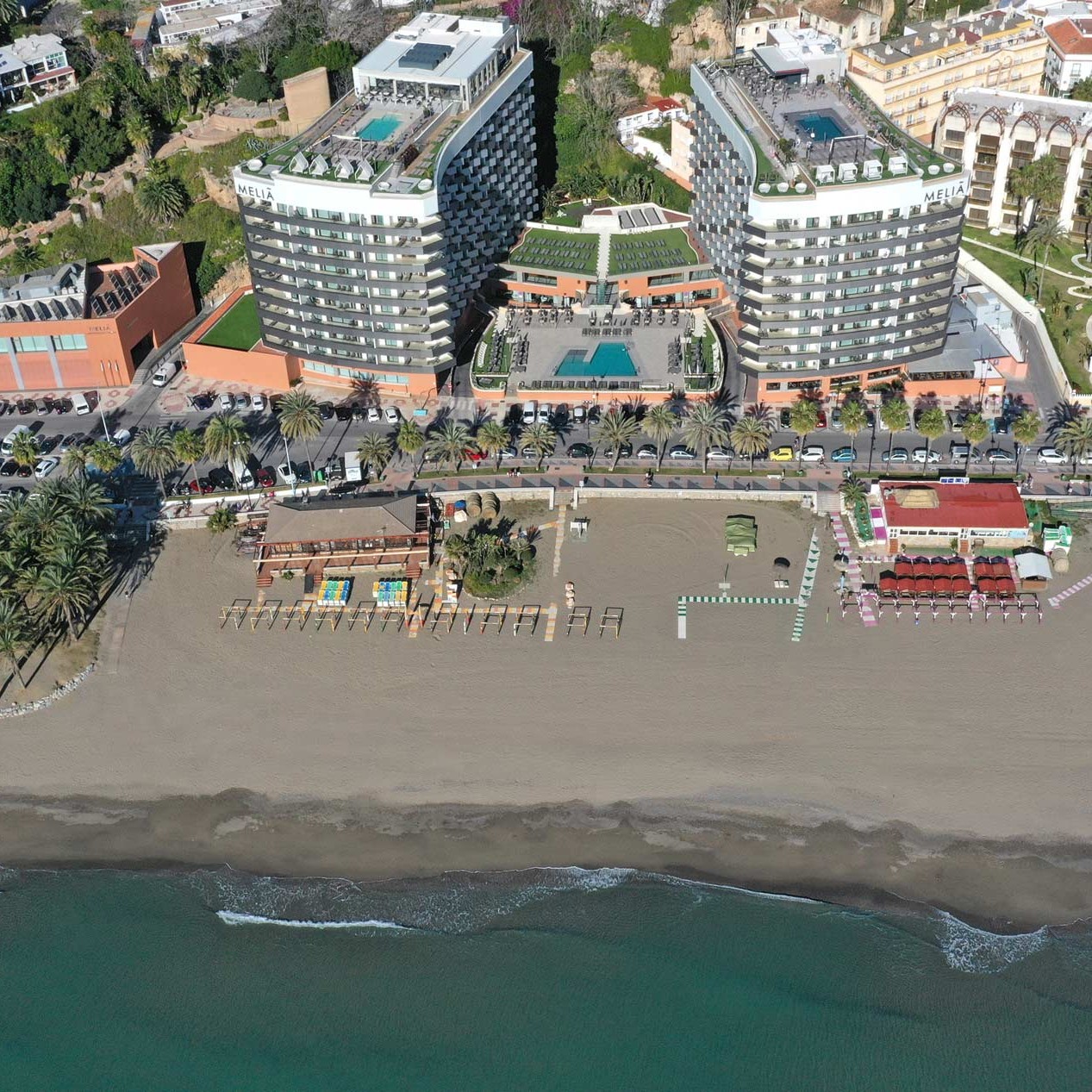Boehringer Ingelheim. Sponsor of ALIVE 2022

Boehringer Ingelheim Animal Health is one of the major animal health business in the world. Leader in antiparasitic drugs. Maker of Frontline® Plus/Combo/Tri-Act, Heartgard®, Broadline®, NexGard®, NexGard Spectra®, NexGard Combo®, Ivomec®, Eprinex®, Eqvalan Duo®, and many others…
Boehringer Ingelheim
SAPPHIRE Sponsor ALIVE 2022
Media Kit
Media Kit
Please spread the word about our Event, ALIVE 2022 – Animal Leishmaniosis International Veterinary Event, to your community. Feel free to use the images and text below to compose an email or social media post.
Event Information
ALIVE 2022, Animal Leishmaniosis International Veterinary Event
A presential and online event, bringing together the latest clinical practices and research material on animal leishmaniosis
March 31st – April 2nd, 2022
Venue: Meliá Costa del Sol, Málaga, Spain
www.leishvet-alive.com
Images
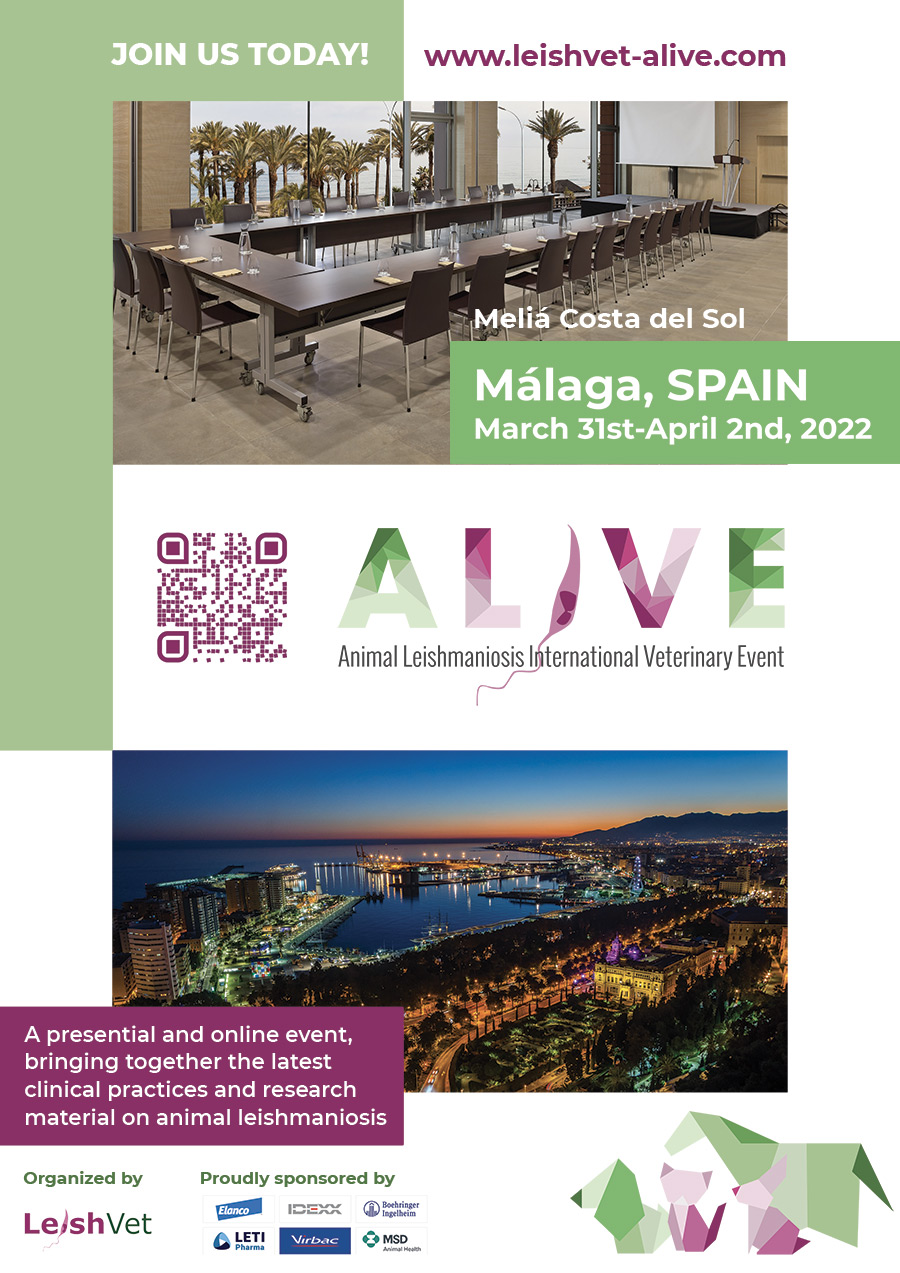
Please download them here. Scale changes are permitted, but all other modifications are prohibited. If you need a specific size, contact social@leishvet-alive.com
Press Releases
Download Press Release in English
Download Press Release in Spanish
Download Press Release in French
Download Press Release in German
Download Press Release in Portuguese
Suggested Marketing Language
Don’t miss ALIVE 2022: Organized by LeishVet and taking place in Málaga, Spain. A presential and online event that will bring together the latest worldwide clinical practices and research material on animal leishmaniosis.
Social Media
Include the following hashtags in your social media posts:
#ALIVE2022
#LeishvetALIVE
#leishmaniosis
#leishmaniasis
#leishmania
#LeishVet
Follow LeishVet ALIVE on Facebook, LinkedIn and Twitter to receive conference updates.
Suggested Media Posts
Interested in #leishmaniosis #leishmania? Attend #LeishvetALIVE March 31- April 2, 2022, in Málaga, Spain. Registration opens July 15. Presential and Online formats leishvet-alive.com
Come network & learn, see what’s new in #leishmaniosis at #ALIVE2022 March 31- April 2, 2022, in Málaga, Spain. Leishvet-alive.com
#ALIVE2022 is bringing you the largest gathering of clinicians and researchers working on #leishmaniosis and #leishmania worldwide – Online and Presential formats! March 31- April 2, 2022, leishvet-alive.com
Branding
LeishVet is a scientific association founded in 2005 by veterinarians from academic institutions of different countries focusing their research and clinical activity on leishmaniosis in veterinary medicine. Their Fact Sheets on Leishmaniosis have been accessed more than 160,000 times. LeishVet is officially registered in Spain at the National Register of Associations for non-profit effects. Learn more at leishvet.org
IDEXX. Sponsor of ALIVE 2022

IDEXX's Purpose
At IDEXX, our purpose is to be a great company that creates exceptional long-term value for our customers, employees, and shareholders by enhancing the health and well-being of pets, people, and livestock.
Products
- SNAP Leishmania
- SNAP 4Dx Plus
- SNAP FiV/FeLV Combo
- SNAP cPL
- SNAP fPL
- SNAP proBNP
- SNAP Giardia
- SNAP Parvo
- SNAP Lepto
- Angio Detect Test
SNAP Pro Analyser
With ProRead software, your SNAP tests take care of themselves
- The SNAP Pro Analyser automatically, times and interprets your SNAP test results for you.
- View interpreted results at a glance for quick, accurate health assessments and better staff efficiency.
- Connect for the benefits of two-way integration: reduce missed charges and automatically include results in your patients' medical records.
Small Animal Health
Contact Us
IDEXX
European Headquarters
IDEXX B.V.
Scorpius 60 Building F
Hoofddorp, 2132 LR
The Netherlands
+31-23-558-70-00
Fax: +31-23-558-72-33
IDEXX
SAPPHIRE Sponsor ALIVE 2022
Elanco. Sponsor of ALIVE 2022
Elanco's Healthy Purpose
At Elanco, we see our role in helping solve some of society’s biggest problems and we believe healthy animals are the key to unlocking solutions.
Food and companionship enriching life
Elanco
RUBY Sponsor ALIVE 2022
Young Scientists and Clinicians Informal Get Together (ALIVE 2024)
Young Scientists and Clinicians
Informal Get Together
If you are interested in meeting the Leishveters, please keep reading and send us your details once registered
The ALIVE CONGRESS 2024 will organize on both Friday April 19th and Saturday April 20th, an informal Get Together during breakfast, for young scientists and clinicians, to meet with the founders of LeishVet. The places will be given on a first come, first serve basis.
If you are interested in joining us, please fill in the following form once you have registered for the Presential Event and we will try our best to give you this opportunity. For organizational purposes, it is important that you fill out all the fields. We will let you know whether you have a place or whether you are on the waiting list. If you are on the waiting list, please check with us at registration in Nice.
Unfortunately, there are no more places available.
Please let us know when collecting your badge in Nice if you wish to be on a waiting list in case any cancellations occur.
Send Us Your Details
Sponsors
Sponsors
We thank all of our sponsors for their continued support
ALIVE 2022 RUBY Sponsors
ALIVE 2022 SAPPHIRE Sponsors
ALIVE 2022 TURQUOISE Sponsors
ALIVE 2022 DONORS
LeishVet Sponsors
Speakers
Speakers ALIVE 2022
Sharing their worldwide knowledge and experience
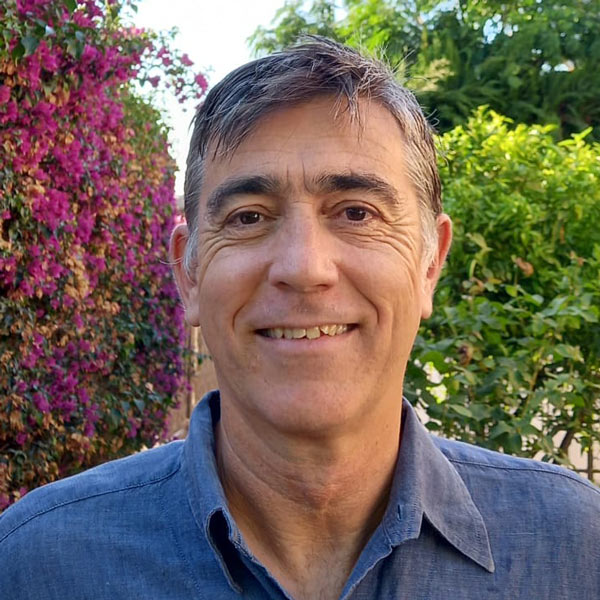
Eduardo Berriatúa
Universidad de Murcia (Spain)
Eduardo Berriatúa is a Professor of Animal Health at the University of Murcia (UMU) in Spain since 2011 and a member of the European Veterinary Parasitology. He qualified as a Veterinarian at Zaragoza University and obtained his PhD in Parasitology from Bristol University in England. After a period in veterinary practice he further developed his interest in the epidemiology of parasitic diseases at Liverpool University before returning to Spain as head of epidemiological research at the Basque Institute for Agricultural Research. In 2005 he joined the UMU where he teaches parasitic diseases, and focuses his research on leishmaniosis, with a particular interest on parasite and vector distributions and the relationship between animal and human infections. He recently reviewed the statuary notification, surveillance, control and emergence of human and animal leishmaniasis in the European Union and neighbourhood for the European Centre for Disease Prevention and Control.
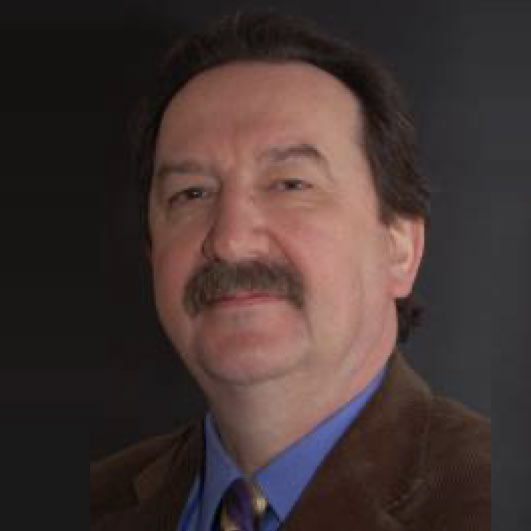
Claudio Brovida
ANUBI® Ospedale per Animali da Compagnia – Moncalieri (Italy)
CLAUDIO BROVIDA, DVM, PhD, Hemodial. Acad.
ANUBI® Ospedale per Animali da Compagnia
Moncalieri (Italy)
www.anubi.it
Claudio Brovida graduated at the Veterinary School of Turin, Italy, and discussed his PhD thesis at the Veterinary School of Padua.
He developed his profession in small animal practice, with particular interest in internal medicine – nephrology / urology. In 1992, he founded the, ANUBI® Ospedale per Animali da Compagnia in Moncalieri, near Turin, Italy of which he has been the Director until the year 2020. He also developed a Haemodialysis and Blood purification Unit, active for more than 15 years already, that, after receiving, in 2016, the “Certificate of Achievement in Hemodialysis” from the Haemodialysis Academy of the Veterinary School of UC Davis, he transformed, under his Direction, in Extracorporeal Therapy Unit, where not only Hemodialysis in the various aspects is performed, but also other extracorporeal therapies like Plasmapheresis are carried out.
He has been President of the European Society of Nephrology and Urology (ESVNU), Chairman of the Organizing Committee of the XVII WSAVA World Congress, Rome 1992, President of World Small Animal Veterinary Association (WSAVA), member of the WSAVA Renal Pathology Study Group, President of the International Renal Interest Society (IRIS) for the years 2016-2018. He has been always active in attending national and international Veterinary Meetings as speaker and writhing articles and book chapters.
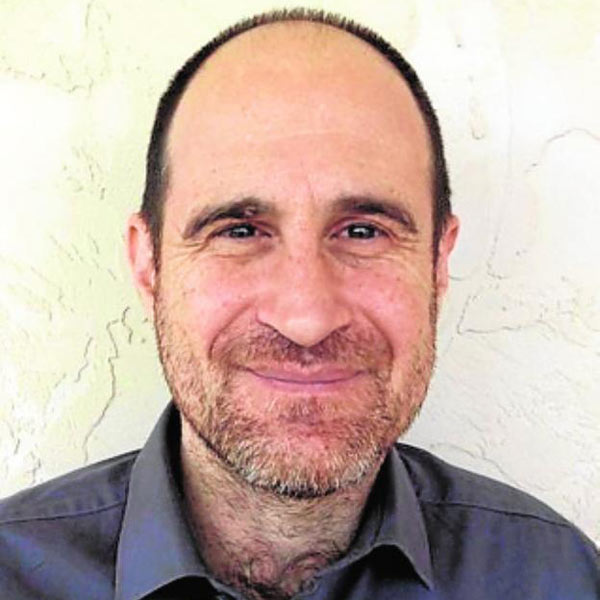
Joaquín Cerón
Universidad de Murcia (Spain)
Dr. Cerón is Professor at Murcia University Veterinary School and Diplomate of the European College of Veterinary Clinical Pathology. He is the responsible of the Laboratory Interdisciplinary of Murcia University, which is focused in the development and study of new biomarkers to better evaluate health and welfare in both veterinary and human side.
He is editor of the BMC Veterinary Research Journal and member of the Academia Europea. He has published more than 300 papers in impact factor journals. In the field of leishmaniosis he is especially interested in the study of acute phase proteins (APPs) as biomarkers of the activity of the disease, he has contributed to the develop of a new clinical classification system of the canine leishmaniosis based on APPs and also has participated in the development of an ultrasensitive assay for detection of leishmania antibodies that allow its measurement in saliva.

Orin Courtenay
University of Warwick (UK)
Dr. David Anthony Orin Courtenay
Appointment
Reader (Associate Professor), Zeeman Institute & School of Life Sciences, University of Warwick, UK
Recent relevant publications
1. Retkute R, Dilger E, Hamilton JGC, Keeling MJ, Courtenay O (2021). Modelling sand fly Lutzomyia longipalpis attraction to host odour: a synthetic sex-aggregation pheromone dominates the response. Microorganisms 9: 602.
https://doi.org/10.3390/microorganisms9030602
2. Gonçalves R, de Souza CF, Rontani RB, Pereira A, Farnes KB, Gorsich EE, Silva, RA, Brazil RP, Hamilton JGC, Courtenay O (2021). Community deployment of a synthetic pheromone of the sand fly Lutzomyia longipalpis co-located with insecticide reduces vector abundance in treated and neighbouring untreated houses: implications for the control of Leishmania infantum. PLoS Negl Trop Dis 15(2): e0009080.
https://doi.org/10.1371/journal.pntd.0009080
3. Goncalves R, Logan RAE, Ismail HM, Paine MJI, Bern C, Courtenay O (2020). Indoor residual spraying practises against Triatoma infestans in the Bolivian Chaco: contributing factors to suboptimal insecticide delivery to treated households. medRxiv
https://doi.org/10.1101/2020.12.21.20248629
4. Mikel A. González; Erin Dilger; María M Ronderos; Gustavo R Spinelli; Orin Courtenay; James G.C. Hamilton (2020). Significant reduction in abundance of peridomestic mosquitoes (Culicidae) and Culicoides midges (Ceratopogonidae) after chemical intervention in western São Paulo Brazil. Parasites & Vectors 13:549
https://doi.org/10.1186/s13071-020-04427-1
5. González MA, Bell M, Souza CF, Freitas RM, Brazil RP, Courtenay O, Hamilton JGC (2020). Synthetic sex-aggregation pheromone of Lutzomyia longipalpis, the South American sand fly vector of Leishmania infantum, attracts males and females over long-distance. PLoS Negl Trop Dis 14(10): e0008798
https://doi.org/10.1371/journal.pntd.0008798
6. Dia-Eldin A Elnaiem, et al, and Orin Courtenay (2020). Outdoor Residual Insecticide Spraying, a New Approach for the Control of the Exophilic Vectors of Human Visceral Leishmaniasis: Phlebotomus orientalis in East Africa. PLoS Negl Trop Dis 14(10): e0008774.
https://doi.org/10.1371/journal.pntd.0008774
7. Filipe Dantas-Torres, et al. (2020). Vaccination Against Canine Leishmaniasis in Brazil: A Position Paper. International Journal of Parasitology 50(3): 171-176.
https://doi.org/10.1016/j.ijpara.2020.01.001
8. Wilson AL, Courtenay O, Kelly-Hope LA, Scott TW, Takken W, Torr SJ, Lindsay SW (2020). The importance of vector control for the control and elimination of vector-borne diseases. PLoS Negl Trop Dis 14(1): e0007831.
https://doi.org/10.1371/journal.pntd.0007831
9. Courtenay O, Dilger E, Calvo-Bado LA, Kravar-Garde L, Carter V, Bell MJ, Alves GB, Goncalves R, Muhammad MM, González MA, Nunes CM, Bray DP, Brazil RP, & Hamilton JGC (2019). Sand fly synthetic sex-aggregation pheromone co- located with insecticide reduces the incidence of infection in the canine reservoir of visceral leishmaniasis: A stratified cluster randomised trial. PLoS Negl Trop Dis 13(10): e0007767.
https://journals.plos.org/plosntds/article?id=10.1371/journal.pntd.0007767
10. Thomas Hopkins, Raquel Gonçalves; Janet Mamani; Orin Courtenay; Caryn Bern (2019). Chagas Disease in the Bolivian Chaco – persistent transmission indicated by childhood seroscreening study. International Journal of Infectious Diseases.
https://doi.org/10.1016/j.ijid.2019.07.020
11. Orin Courtenay, Ahad Bazmani, Parviz Parvizi, Paul D. Ready, Mary M. Cameron (2019). Insecticide–impregnated dog collars reduce human visceral leishmaniasis under operational conditions in NW Iran: a community–wide cluster randomised trial. PLoS Negl Trop Dis 13(3): e0007193.
https://doi. org/10.1371/journal.pntd.0007193
12. M. A. González, M. Bell, S.A. Bernhardt, R.P. Brazil, E. Dilger, O. Courtenay & J.G.C. Hamilton (2019). Susceptibility of wild-caught Lutzomyia longipalpis (Diptera: Psychodidae) sand flies to insecticide after an extended period of exposure in western São Paulo, Brazil. Parasites & Vectors 12: 110.
https://doi.org/10.1186/s13071-019-3364-4
13. Buckingham-Jeffery E, Hill EM, Datta S, Hamilton JGC, Dilger D, Courtenay O (2019). Spatio-temporal modelling of Leishmania infantum infection among domestic dogs: a simulation study and sensitivity analysis applied to rural Brazil. Parasites & Vectors 12: 215.
https://doi.org/10.1186/s13071-019-3430-y
14. Bell MJ, Sedda L, Gonzalez MA, de Souza CF, Dilger E, Brazil RP, Courtenay O, Hamilton JGC (2018). Attraction of Lutzomyia longipalpis to synthetic sex-aggregation pheromone: effect of release rate and proximity of adjacent pheromone sources. PLoS NTDs 12(12): e0007007.
https://doi.org/10.1371/journal.pntd.0007007
Recent grants
2000-2021. Warwick-Wellcome Translational Partnership. Translation of a synthetic pheromone based lure-and-kill strategy against visceral leishmaniasis. P.I. 38,715
2019-2020. Global Challenges Research Fund (GCRF). Networks in Vector Borne Disease Research. BB/R005362/1. Understanding host heterogeneity to vector-borne disease exposure: Implications for modelling disease transmission and improving the design of control interventions. P.I. 79,950
2019-2021. Medical Research Council, UK. Building a platform to understand asymptomatic and symptomatic visceral leishmaniasis in Ethiopia. P71798 / MR/R021600/1. Co-I. 149,765
2018-2021. Bill & Melinda Gates Foundation. NTD Modelling Consortium: moving towards elimintation project OPP1184344. Co-I. 468,254
2017-2021. Wellcome Trust Strategic Translation Award. 104250/B/14/Z. Field trials of synthetic sandfly sex pheromone to reduce canine and human visceral leishmaniasis transmission. Joint P.I. 1,413,000

Katrin Hartmann
Ludwig Maximilians Universität München (Germany)
Hartmann, Katrin, Prof., Dr. med. vet., Dr. habil. (LMU University of Munich, Germany) Diplomate ECVIM-CA (Internal Medicine)
Katrin Hartmann graduated from the College of Veterinary Medicine at the LMU University in Munich, Germany, in 1987, completed her doctoral thesis in 1990 and her habilitation thesis on antiviral treatment of FIV in 1995. She stayed as a clinical instructor and Assistant Professor at the Clinic of Small Animal Medicine until 2001. From 2001 to 2003, she worked as Associate Professor of Internal Medicine at the Department of Small Animal Medicine at the College of Veterinary Medicine, University of Georgia, Athens, USA. Since 2003, she is Head of the Clinic of Small Animal Medicine at the LMU University in Munich, Germany, with the rank of Full Professor. From 2009 to 2016, she additionally was Director of the newly founded Centre for Clinical Veterinary Medicine at the LMU University in Munich.
Professor Hartmann is author or co-author of many papers, proceedings, abstracts, and book chapters. She has lectured at numerous international meetings and congresses. Katrin Hartmann is a Diplomate of ECVIM-CA (Internal Medicine). Her research is concentrated on infectious diseases in cats and dogs, with a special focus on virus infections in cats.
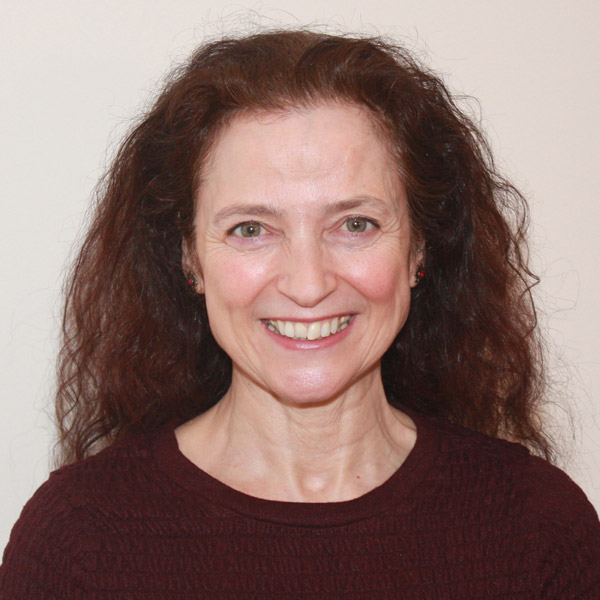
Shaden Kamhawi
NIAID, National Institute of Allergy and Infectious Diseases (US)
Dr. Kamhawi received a British Council scholarship to do her PhD in Medical Entomology at Salford University, England. She joined Yarmouk University, Jordan, as an Assistant Professor and worked on leishmaniasis foci demonstrating the first zoonotic transmission of Leishmania tropica. After becoming an Associate Professor, Dr. Kamhawi moved to the National Institutes of Health, USA, and worked on vector competence of sand flies identifying the first midgut receptor for Leishmania. She also developed animal models for cutaneous and visceral leishmaniasis initiated by Leishmania-infected vector bites. She is currently focused on deconstructing the factors driving virulence of sand fly-transmitted Leishmania at the bite site and on validating experimental observations in field settings through collaborations in India, Brazil and Africa. Dr. Kamhawi is currently an Associate Scientist at the Laboratory of Malaria and Vector Research, National Institute of Allergy and Infectious Diseases; she is also Co-Editor-in-Chief of PLOS Neglected Tropical Diseases.
NIAID Webpage:
https://www.niaid.nih.gov/research/shaden-kamhawi-phd
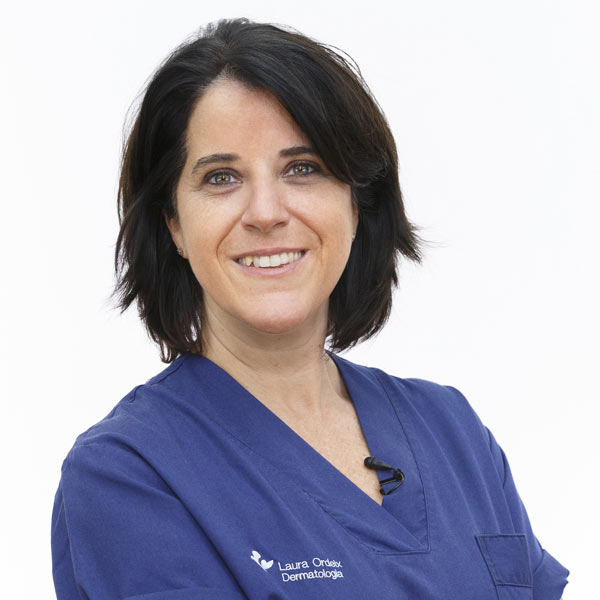
Laura Ordeix
Universitat Autònoma de Barcelona - UAB (Spain)
Laura Ordeix is a Doctor in Veterinary Medicine from the Autonomous University of Barcelona and diplomated by the European College of Veterinary Dermatology. Currently, she is responsible for the dermatology service at the Fundació Hospital Clínic Veterinari of the Autonomous University of Barcelona and associate professor of veterinary medicine at the same university. She is the author of several book chapters and publishes scientific articles in national and international journals and she is a speaker at national or international scientific congresses, courses and seminars about veterinary dermatology.
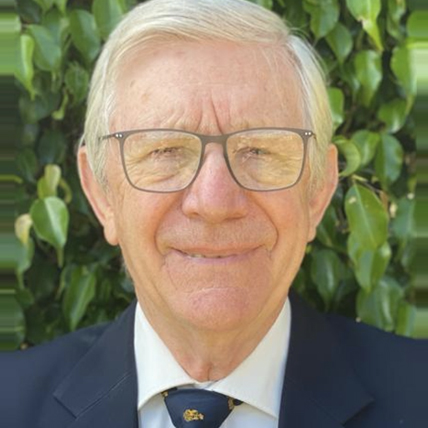
Jeffrey Shaw
Universidade de São Paulo (Brazil)
Jeffrey Shaw is a parasitologist whose research has covers a wide range of parasitic protozoans found in animals and man. It focuses on their participation in neglected tropical diseases (NTDs), especially leishmaniases and Chagas disease. His interest in the leishmaniases began in the early 1960s when he was working on the parasites of sloths in Central America. Unfortunately or fortunately he contracted cutaneous leishmaniasis at the time and that is where his passion for leishmaniasis began. Since then always at the back of his mind is: What is it and where on earth did it come from? He moved to Brazil in 1965 working the Amazon for 30 years and in eastern and south east Brazil. He has made fundamental discoveries and contributions to the classification, diagnosis and epidemiology of the disease as well as other protozoan parasites of wild and domestic animals. Presently his research is focused on the application of molecular methods to these research areas. He is presently a Senior Professor of São Paulo Univiersity’s Biomedical Sciences Institute, is a “Distinguished International Fellow” of the American Society of Tropical Medicine and Hygiene and an elected member of the Brazilian Academy of Science.

Gérald Spaeth
Institut Pasteur (France)
Dr. Gerald Späth currently holds a Research Director position at the Institut Pasteur in Paris, where he directs the Unit ‘Parasitologie moléculaire et Signalisation’ and the Department ‘Parasites and Insect Vectors’. Dr. Späth and his team are global leaders in analyzing the biology and mechanisms of host/pathogen interaction of the major human parasite Leishmania, and in exploiting basic research results to fuel a very strong drug discovery pipeline targeting parasite protein kinases and macrophage epigenetic enzymes. Dr Späth animates his highly competitive and internationally visible research program through the coordination of large national and global networks, such as the FP7-Leishdrug, ANR-TransLeish, or H2020-LeiSHield-MATI consortia. Dr Spaeth further animates the LeishRIIP platform (www.leishriip.org) and directs an International Mixed Unit (IMU) with a partner team at IP Shanghai, thus delivering important structuring capacity for the Leishmania research efforts inside the Institut Pasteur International Network.
Scientific Committee
Scientific Committee ALIVE 2022
Assuring high quality content
- Alcover Amengual, Maria Madgdalena - Universitat de Barcelona - UB (Spain)
- Aoun, Karim – Université de Tunis El Manar (Tunisia)
- Baneth, Gad – Hebrew University of Jerusalem (Israel)
- Bourdeau, Patrick – École Nationale Vétérinaire, Agroalimentaire et de l'Alimentation Nantes-Atlantique (France)
- Cardoso, Luis – Universidade de Trás-os-Montes e Alto Douro (Portugal)
- Cruz, Israel – Instituto de Salud Carlos III (Spain)
- Dantas-Torres, Filipe – Fundação Oswaldo Cruz (Brazil)
- Ferrer, Lluis – Universitat Autònoma de Barcelona - UAB (Spain)
- Ferroglio, Ezio – Università degli Studi di Torino (Italy)
- Foglia Manzillo, Valentina – Università degli Studi di Napoli Federico II (Italy)
- Gálvez, Rosa – Universidad Autónoma de Madrid (Spain)
- Martínez-Orellana, Pamela – International Centre for Genetic Engineering and Biotechnology-ICGEB (Italy)
- Marty, Pierre – Université Nice Sophia Antipolis (France)
- Miró, Guadalupe – Universidad Complutense de Madrid (Spain)
- Montoya, Ana – Universidad Complutense de Madrid (Spain)
- Nogueira dos Santos, Fábio – BRASILEISH (Brazil)
- Oliva, Gaetano – Università degli Studi di Napoli Federico II (Italy)
- Oliveira, Rodolfo – Universidade de Lisboa (Portugal)
- Ordeix, Laura – Universitat Autònoma de Barcelona - UAB (Spain)
- Otranto, Domenico – Università degli studi di Bari Aldo Moro (Italy)
- Papadopoulos, Elias – Aristotle University of Thessaloniki (Greece)
- Pennisi, Maria Grazia – Università degli Studi di Messina (Italy)
- Petersen, Christine – University of Iowa (US)
- Solano Gallego, Laia – Universitat Autònoma de Barcelona - UAB (Spain)
- Tabanez, Paulo – BRASILEISH (Brazil)
- Töz, Seray – Ege Üniversitesi (Turkey)
- Vitale, Fabrizio – Istituto Zooprofilattico Sperimentale della Sicilia (Italy)
Welcome to Alive 2022
Scientific Program Now Available
Scientific Program Now Available
Scientific Program Now Available
A presential and online event, bringing together the latest clinical practices and research material on animal leishmaniosis
A presential and online event, bringing together the latest clinical practices and research material on animal leishmaniosis
If you want to keep up with the latest news about the event or participate in a more active way, please fill in your details below.
If you want to keep up with the latest news about the event or participate in a more active way, please fill in your details below.
000 days 00 hours 00 minutes 00 seconds
We are looking forward to seeing you in Málaga!
These are our goals:
- To share novel research and discoveries on leishmaniosis and to provide a setting to exchange ideas from attendees worldwide.
- To open a forum for individuals and organizations in both public and private sectors (One Health professionals: veterinarians, physicians, biologists, public health authorities).
- To promote multi-disciplinary interactions from basic research to translational clinical or environmental settings.
- To promote a place for deep discussions on solving the problems of animal leishmaniosis.
- To foster international collaboration, industrial participation and training for One Health professionals.
Two streams will be organized:
- Clinical practice oriented stream
- Research oriented stream
ALIVE congress topics will include the following subjects from companion animals to wildlife:
- Epidemiology: vectorial and non-vectorial transmission, Leishmania geographic distribution, infectiousness, etc.
- Basic to clinical immunology.
- Genomics, transcriptomics, proteomics and metabolomics of leishmaniosis, susceptibility and resistance to infection and disease.
- Pathogenesis.
- Clinical and diagnostic aspects.
- Treatment, prognosis and monitoring: old and new treatments, drug resistance, drug development, immunotherapy, new monitoring and prognostic tests.
- Preventative tools: targeting phlebotomine sand flies, host immune response (vaccines, immunomodulators), etc.
Let’s have breakfast together!

Gaetano Oliva welcomes you to ALIVE 2022

Patrick Bourdeau welcomes you to ALIVE 2022

Laura Ordeix welcomes you to ALIVE 2022
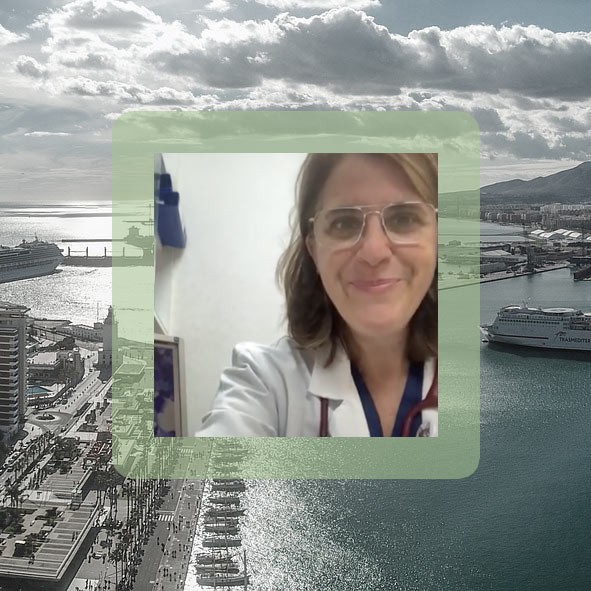
Professor Brovida welcomes you to ALIVE 2022


